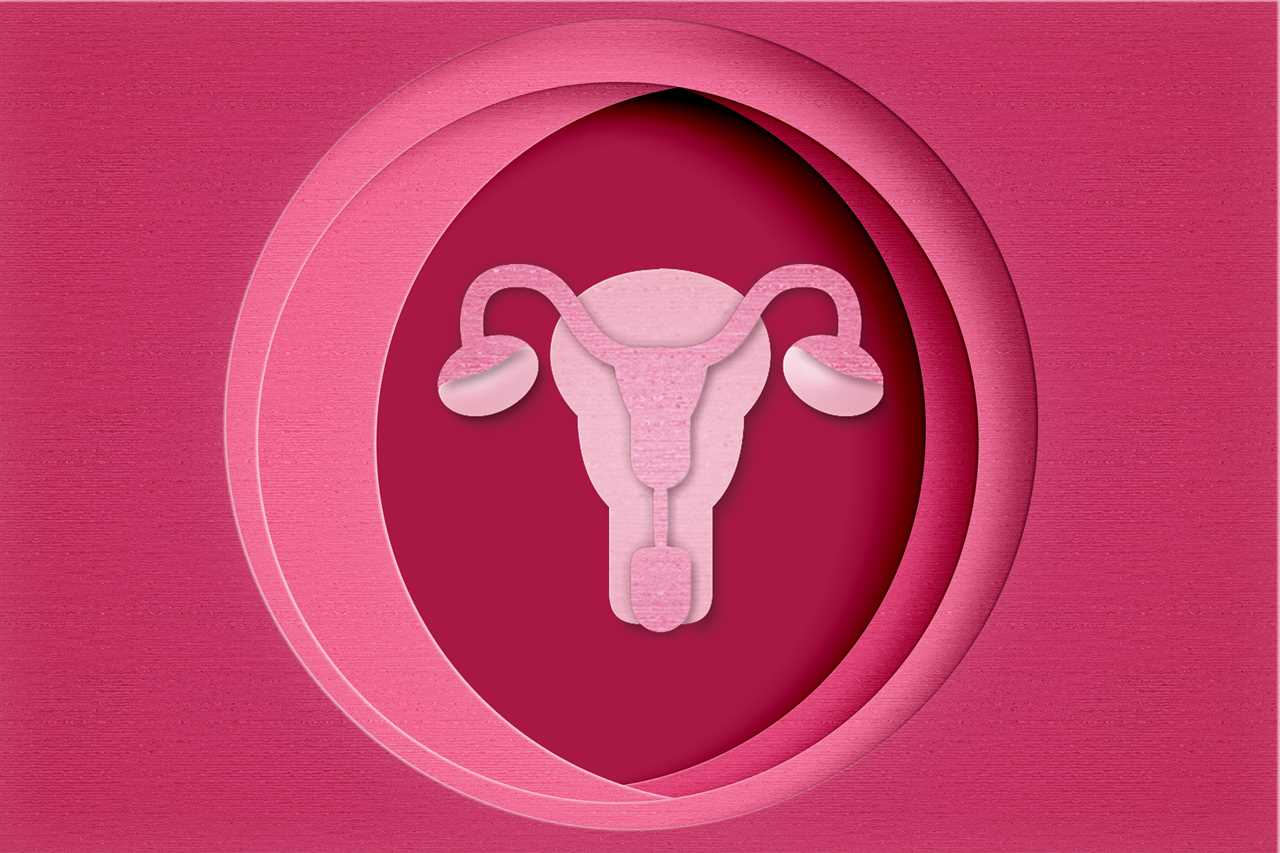
Many Brits Unaware of the Symptoms
Womb cancer is the fourth most common type of cancer in women in the UK, yet many women are unaware of the key signs, leading to late-stage diagnoses. Campaigners are warning that early detection is crucial for survival, as 90 percent of those diagnosed early will survive. However, only 1 in 5 patients will live beyond five years if the cancer is detected in advanced stages. The Eve Appeal and Peaches Womb Cancer Trust are encouraging Brits to be proactive in checking for the signs of womb cancer.
Spot the Signs
Knowing the common symptoms of womb cancer can greatly improve survival rates. The following signs should be checked out by a doctor:
- Bleeding after sex
- 'Blood-stained' vaginal discharge (which can be pink, red, or brown)
- Blood in the urine (haematuria)
- Bleeding between periods (before the menopause)
- Periods that are heavier than normal (before the menopause)
- Any vaginal bleeding after the menopause (including spotting)
- Abdominal pain
In more advanced stages, womb cancer may also cause back pain, leg pain, pelvic pain, loss of appetite, tiredness, and nausea. While these symptoms may be related to milder health issues or reactions to hormone therapy, they could also indicate serious conditions like endometriosis, fibroids, or polyps. It is important to see a doctor in case they are signs of "camouflaged" womb cancer symptoms.
Igniting the Conversation
Professor Emma Crosbie, president of Peaches Womb Cancer Trust, expressed concern over the lack of awareness surrounding womb cancer. She emphasized the need for education and understanding of the most common symptoms. Athena Lamnisos, chief executive of The Eve Appeal, echoed this sentiment and urged women to be proactive about their health. Lamnisos recommended seeking medical advice if any abnormal bleeding occurs and encouraged the use of The Eve Appeal's Ask Eve service for support and information.
Understanding the Risk Factors
While the risk of womb cancer increases with age, it can occur at any stage of life. Several factors can increase the chances of developing womb cancer, such as being overweight or obese, having higher estrogen levels, taking HRT or tamoxifen, having type 1 or 2 diabetes, a thickened womb lining, and polycystic ovary syndrome. Starting menstruation at a young age, going through menopause late, and having a family history of womb cancer are also risk factors. However, having children, taking contraceptive pills, and exercising can decrease the risk.
Treatment Options
Treatment for womb cancer depends on the type, grade, and stage of the cancer. Most patients undergo surgery to remove their womb and cervix.






